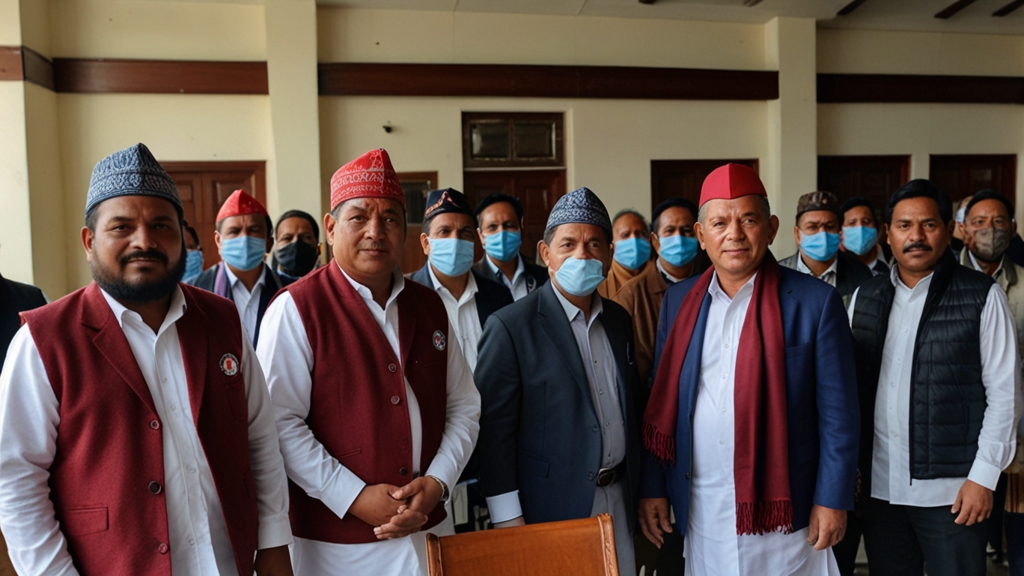On January 20, 2025, the winter session of the Karnali Provincial Assembly began, thus marking the start of an important legislative period for the northwestern area of Nepal. The members of the legislature are going to fetch up at the provincial capital, Surkhet, and have a session on the most diverse issues, from the development of the local community to the burning political issues that have been played up in the last few months.
The initial function of the session was the pompous ceremony when the Speaker of the Karnali Provincial Assembly called the chamber to order. During his speech, the Speaker stressed the necessity of constructive dialogue and the unity of all political parties in tackling the problems faced by the province. The session’s program will involve considerations for the annual budget, infrastructure development, and ways of elevating the local economy by attracting more investors.
The distribution of resources and the neglect of infrastructural developments are the primary contentious points that are going to occupy the major part of the discussion. There have been several members of the opposition who have sounded serious regarding the imbalanced utilization of funds for different parts of the province. They say that a few parts, especially those in the remote mountains, have not been given the necessary infrastructural facilities and social services.
The incumbents, in collaboration with the regional government, are confident of their competence in defending their records, and they are also going to present their development strategy for the upcoming periods in Karnali. The Chief Minister intends to make an appearance, delivering a speech that will project the government’s accomplishments for the last year and unveil the project plans. These projects are those that are meant to build good transportation connections, enlarge healthcare facilities, and introduce the idea of sustainable tourism into the area.
One other significant matter that will probably be a matter of discussion in the next few days refers to the envisaged reshuffle of the local administrative bodies in the province. This has been a topic of heated discussion in recent months, with various political factions and community leaders expressing differing views on how best to structure local governance for efficient service delivery and representation.
The winter session also has on its agenda the consideration of a variety of bills that are aimed at solving the challenges in the Karnali province. These proposed laws are in the domain of environmental conservation, considering the fact that this region has very diversified ecosystems at the highest altitudes and is very much affected by the impact of climate change. Besides, this is the time for the province to talk about measures that will support local industries and provide jobs for young people, thus reducing the well-known problem of outmigration.
In the beginning, the session was nobody’s pet; hence, the political experts started to monitor the variability between the ruling coalition and opposition parties. The fate of the provincial assembly to develop a consensus on its agenda items for governance issues would be indicated by the level of the ability thereof. Despite the fact that the province is dealing with numerous developmental issues, the result of this winter session may have far-reaching implications for the future of one of the most remote and least-developed regions of Nepal.


